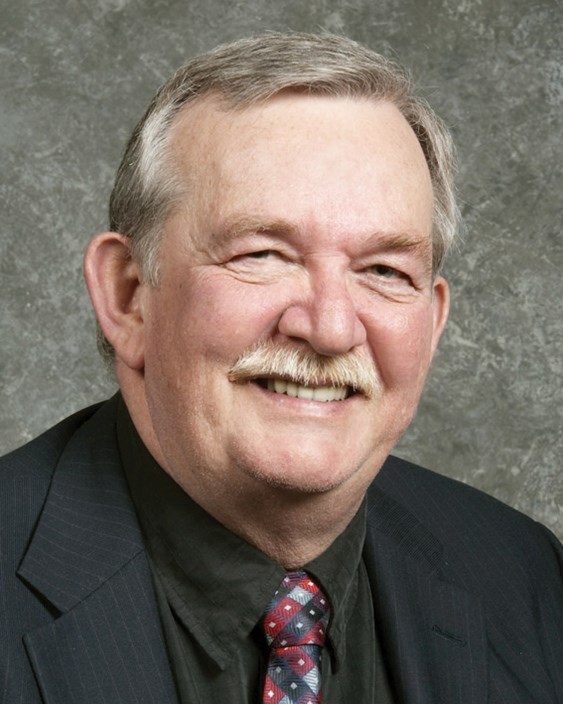Burnaby city council is taking a stand against the Conservative government’s Bill C-23, also known as the Fair Elections Act.
At Monday’s council meeting, council approved the city manager's recommendations to write to Minister of State Paul Poilievre expressing its concerns with the bill. The report also recommends the bill be withdrawn and a new electoral bill to be drafted “based on meaningful consultation with the Canadian public, opposition parties and electoral experts.”
“It’s Orwellian that often the titles of acts like the Fair Elections Act are so far from what the act really is,” said Mayor Derek Corrigan. “This has been roundly criticized from all sectors – from press, from political parties, from citizens and organizations. I hope the government is taking notice of that.”
The Fair Elections Act, designed to amend the Canada Elections Act, has already received first and second readings, and is currently under review by the House of Commons and Senate Committees.
The report raised concerns with the bill’s changes to voter identification rules, campaign financing, election investigations, data collection requirements and the roles of the Chief Electoral Officer and the Commissioner of Canada Elections.
With regard to voting, the report takes issue with the prohibition of voter identification cards as a valid form of ID. The initial bill also called for the elimination of vouching, which in previous elections allowed registered voters with ID to vouch for the identity and address of a voter without ID.
A series of amendments made in late April reversed the decision on vouching by allowing voters without ID to co-sign an oath of residence and have another person attest to their address. However, the provision not to recognize voter ID cards as valid identification still stands.
Council also questioned a provision to exclude select fundraising solicitations from the current spending limit on election campaigns, set out by the Canada Elections Act.
“Bill C-23 proposed to exempt fundraising calls and mail-outs to anyone who had donated $20 or more to a political party in the previous five years from campaign spending limits,” reads the report. “This provision of Bill C-23 was seen as a loophole that would allow well-established parties to spend beyond the limit while creating a significant disadvantage for new political parties without a history of past donors.”
The bill, if approved in its current state, would also limit the amount of voter education the Chief Electoral Officer could provide to the public, and would also put strain on the Commissioner of Election Canada’s independence to speak publicly about election-related fraud.
“As stated by critics, Bill C-23 would not provide the Commissioner with the ability to compel witness testimony when investigating election fraud, such as the events surrounding the 2011 federal election’s ‘robocalls’ affair,” states the report. “The Commissioner has stated that his inability to compel timely witness testimony severely hampered his investigation of the ‘robocalls’ affair.”
Another provision notes that under the proposed Act, supervisors of polling stations would be appointed from a list drawn up by the previous election’s winning candidate of the station’s riding, provided the returning officer doesn’t turn down the appointment “on reasonable grounds.” The Chief Electoral Officer has said the provision would compromise the non-partisan nature of the role.
Lastly, the bill requires “robocall” firms and call centres, as well as groups that hire such companies, to keep audio recordings and scripts of each call, and records of when they were made, for up to one year. However, the Chief Electoral Officer has stated that by not requiring firms to record what numbers they call, future election fraud investigators will be barred from knowing who was targeted in any such calls.
An amendment to the bill has since extended the period of time for retaining recordings and scripts to three years, but not the numbers that are dialled.
“In summary, Bill C-23 has been widely criticized for potentially disenfranchising thousands of voters, compromising the independence of the Chief Electoral Officer and the Commissioner of Canada Elections, providing advantages to well-established political parties, failing to provide significant powers to investigate elections fraud and undermining Canadians’ faith in the electoral system.”



